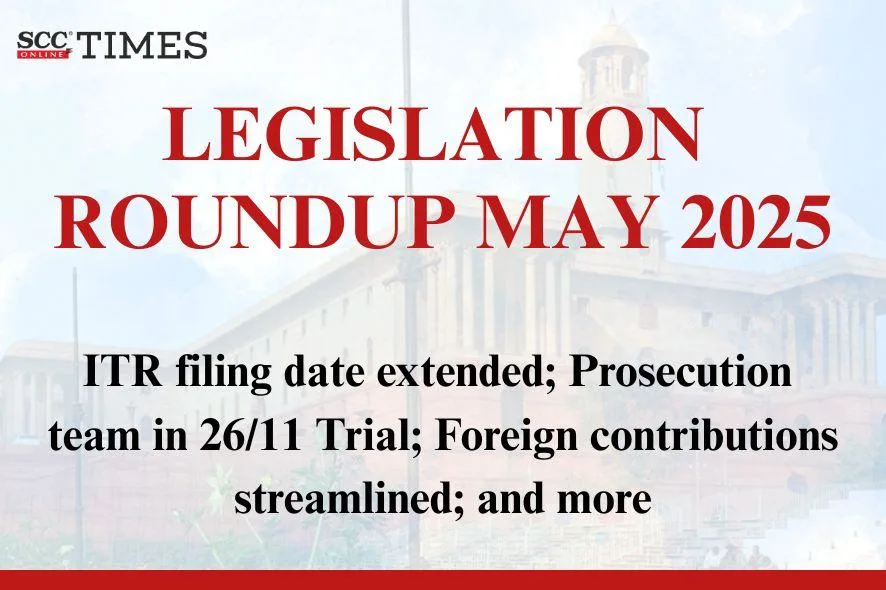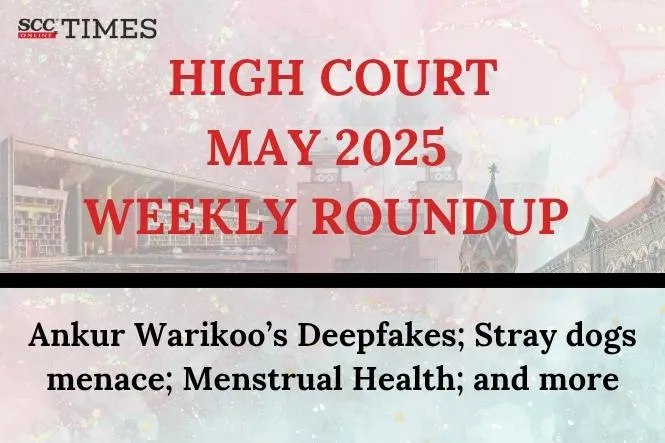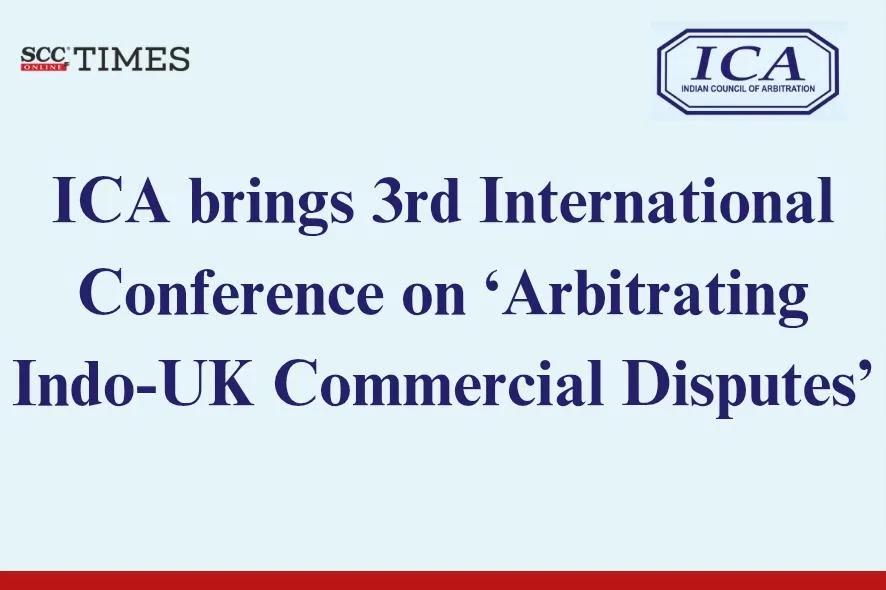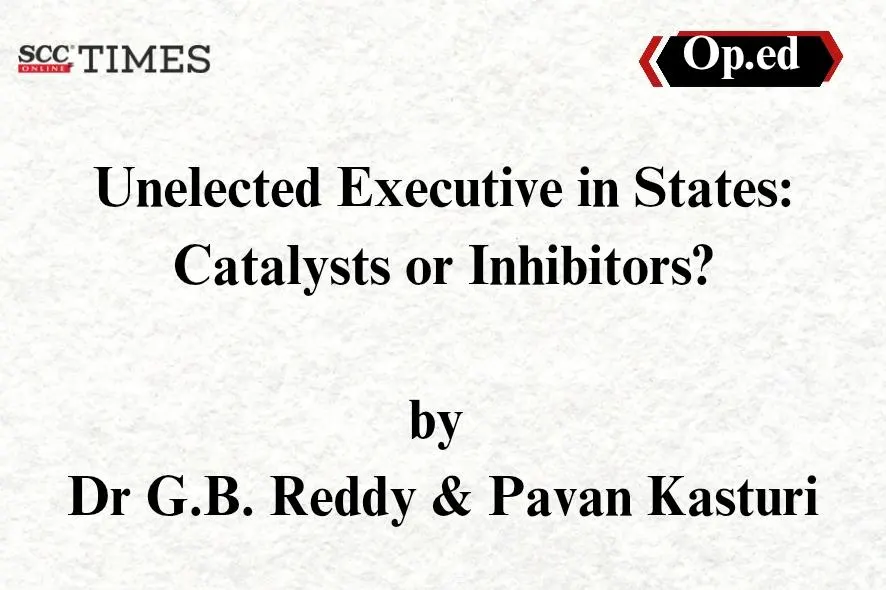Delhi High Court: Five petitions were filed seeking quashing the letter dated 03-11-2022 issued by Respondent 3, as well as the consequential provisional combined seniority list dated 13-02-2023 circulated by Respondent 3 by virtue of which Respondents are illegally attempting to unsettle the seniority of the petitioners and directing the respondents to fix the seniority of the Petitioners in accordance with Rule 99.2A of the RPF Rules 1987 and combined seniority list dated 07-04-2014. A Division Bench of V. Kameswar Rao and Saurabh Banerjee, JJ., sets aside the said two impugned actions/orders i.e. the letter dated 03-11-2022 issued by the respondent 3, as well as the consequential provisional combined seniority list dated 13-02-2023 circulated by the respondent 3.
The Court held that “since the respondents had themselves granted timely promotions/postings to the petitioners involved herein, therefore, the only point for consideration before us was qua the disturbance/changes in the seniority of the petitioners and whether the same is/was lawful or not. Thus, it is made clear that for the factual matrix involved and for the reasoning and analysis as discussed above, the issue qua the applicability/non-applicability of either Rule 99.2 or Rule 99.2A of the RPF Rules is immaterial for the adjudication of the present petitions.”
The case involves a dispute over the seniority of petitioners within the Railway Protection Force (RPF). The petitioners were promoted by the respondents, presumably the authorities within the RPF on their own accord over time. These promotions were evidently recognized and uncontested, as the petitioners continued in their respective roles without any adverse remarks on their performance or conduct. However, the issue arose when the respondents attempted to alter the seniority list belatedly through two impugned actions/orders. These actions/orders were issued without any apparent justification or plausible basis, prompting the petitioners to challenge them through legal recourse.
The petitioners filed the case primarily to challenge the two impugned actions/orders issued by the respondents. They argued that these actions/orders, which sought to disturb the long-standing seniority list and potentially demote the petitioners, were unjustified and lacked any reasonable grounds. The petitioners contended that since they had been duly promoted by the respondents and had continued in their roles without any issues, there was no valid reason for the respondents to alter their seniority at such a belated stage.
Counsel for the petitioners argued that the actions/orders were arbitrary, devoid of any rational basis, and constituted a violation of the petitioners’ rights. Furthermore, the counsel contested the reliance placed by the respondents on certain legal precedents, arguing that they were inapplicable to the current case’s factual circumstances. They emphasized the principle of legitimate expectation, asserting that the petitioners had a legitimate expectation of continued seniority based on their past promotions by the respondents.
The Court scrutinized the impugned actions/orders issued by the respondents, noting the absence of any valid justification or plausible explanation for their issuance. Furthermore, the Court examined relevant legal precedents and principles, particularly regarding the stability of seniority lists and the doctrine of legitimate expectation. The Court emphasized the importance of maintaining settled seniority, especially when promotions have been granted without subsequent issues or complaints.
The Court remarked that “It is, thus, too late for the respondents to withdraw/recall/amend or otherwise touch the existing seniority list by issuing the two impugned actions/orders. Furthermore, even though the redrawing of the seniority list might be a welcome step from the respondents, however, the said action of the respondents cannot be allowed to operate in as much as it is at the cost of the petitioners who have been previously given the benefit of appropriate seniority by the very same respondents. Since pleasure to one cannot be at the cost of pain to others, therefore, while looking at the two impugned actions/orders issued by the respondents, we also must take into consideration the larger public interest involved and the purpose behind such steps taken by the respondents. Since we find no basis or reason, substantive or otherwise, for the respondents to come out with the two impugned actions/orders, therefore, we have no hesitation in holding that the sustenance/operation of the two impugned actions/orders would cause a grave prejudice to the petitioners as it disturbs the position earned by the petitioners in the long standing seniority list. Thus, the two impugned actions/orders deserve to be set aside.”
The Court emphasized that the respondents’ attempts to alter the seniority list belatedly and without justification were unjustifiable. The Court affirmed the principle that once seniority has been fixed and remains unchallenged for a reasonable period, any attempt to disturb it should not be entertained. In conclusion, the court ruled in favor of the petitioners, allowing their petitions and restoring their rightful seniority within the RPF. Thus, the Court held that the impugned actions/orders could not be sustained and sets aside the actions/orders issued by the respondents, thereby reinstating the petitioners’ seniority as previously recognized.
[Agni Deo Prasad v. Union of India, 2024 SCC OnLine Del 2781, decided on 16-04-2024]
Advocates who appeared in this case :
Mr. Siddharth Batra, Ms. Archana Yadav, Ms. Shivani Chawla, Mr. Chinmay Dubey, Mr. Rhythm Katyal and Mr. Pratyush Arora, Advocates for petitioner
Mr. Vineet Dhanda, CGSC with Ms. Gurleen Kaur and Mr. Archit Aggarwal, Advs. along with Mr. Mohamed Hanif, AIG, RPF, Inspector Sikander Prasad, Inspector A. R. Lone, SubInspector Satyabir Singh and Constable Milan Singh Mr. Sanjib Kumar Mohanty, SPG with Mr. Subesh Kumar Sahoo and Ms. Anushka Jakhodia, Advocates for respondent










